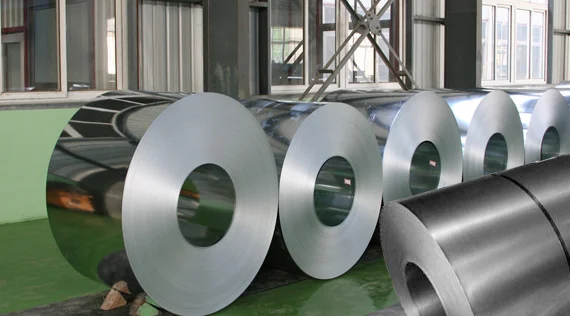DENR, Nestle Tackle Plastic Waste Recycling
Plastic Recycling | 2025-05-20 13:15:44
The DENR through The National Plastic Action Partnership (NPAP) launched the Working Group on Flexible Plastic Waste Recycling to boost the Philippines’ transition to a circular economy.
SEATTLE (Scrap Monster): The Department of Environment and Nautral Resources (DENR) and Nestle Philippines are leading an initiative that will promote circularity in the flexible plastics value chain.
The DENR and partners pledged last week to explore innovative recycling technologies and infrastructure for flexible plastics, including food-grade recycling, to reduce the use of plastics.
The DENR through The National Plastic Action Partnership (NPAP) launched the Working Group on Flexible Plastic Waste Recycling to boost the Philippines’ transition to a circular economy.
NPAP Philippines is a locally driven platform uniting government, business, development organizations, and civil society to tackle plastic pollution and transition to a circular economy, with the United Nations Development Program (UNDP) in the Philippines serving as its secretariat.
The working group, co-led by DENR and Nestle Philippines, aims to set the foundation for concrete and collaborative action.
“Nestlé Philippines is committed, as a top priority, to continue stepping up our initiatives to help achieve plastic circularity,” said Kais Marzouki, Nestlé Philippines chairman and chief executive officer.
“A comprehensive, upstream-downstream approach to flexible plastic waste is important to us, as a food and beverage manufacturer deeply involved in addressing major environmental concerns,”
Stakeholders are seeking to foster cross-sector collaboration to drive a full value chain approach that supports a circular economy for flexible plastics.
“In the face of the overwhelming challenge of plastic waste, it is deeply inspiring to witness the commitment of various actors gathered here today—from government, civil society, businesses, and development organizations,” said UNDP Philippines Resident Representative Dr. Selva Ramachandran.
Flexible plastics, a primary component of plastic pollution, remain a critical challenge for the Philippines. The country’s heavy use of flexible plastic packaging—which includes by some estimates 163 million pieces of sachets each day—is linked to the country’s rapid urbanization and large low-income population, according to a World Bank study.
The study also revealed that up to US$890 million worth of recyclable plastic waste is lost to the local economy annually. Plastic waste has a low recycling rate, with waste management infrastructure lacking.
Courtesy: www.manilastandard.net
 By
By 